European data protection legislation must respect "human dignity"
GDPR must reflect technological changes, but these cannot override rights, says EU expert


Technology cannot be allowed to take precedence over the fundamental human right to privacy, according to an EU data protection expert.
Speaking to delegates at the annual iSSE security conference today, Wojciech Wiewrowski, assistant European data protection supervisor, said the existing European data protection legislation, written in 1995, has little bearing on the world of today.
"We all know the world of 1995 looked completely different from the point of view of processing all the data, including personal data, than it looks at the moment. Yes, we had email accounts, we used the internet in 1995 ... but that was a different world," he told the audience.
"I don't mean only the fact there were no social networks in this time, I mean also there was no worldwide web at this time, we were encoding and decoding the data ... we were using Gopher [an IP application layer protocol to distribute, search, and retrieve web files]."
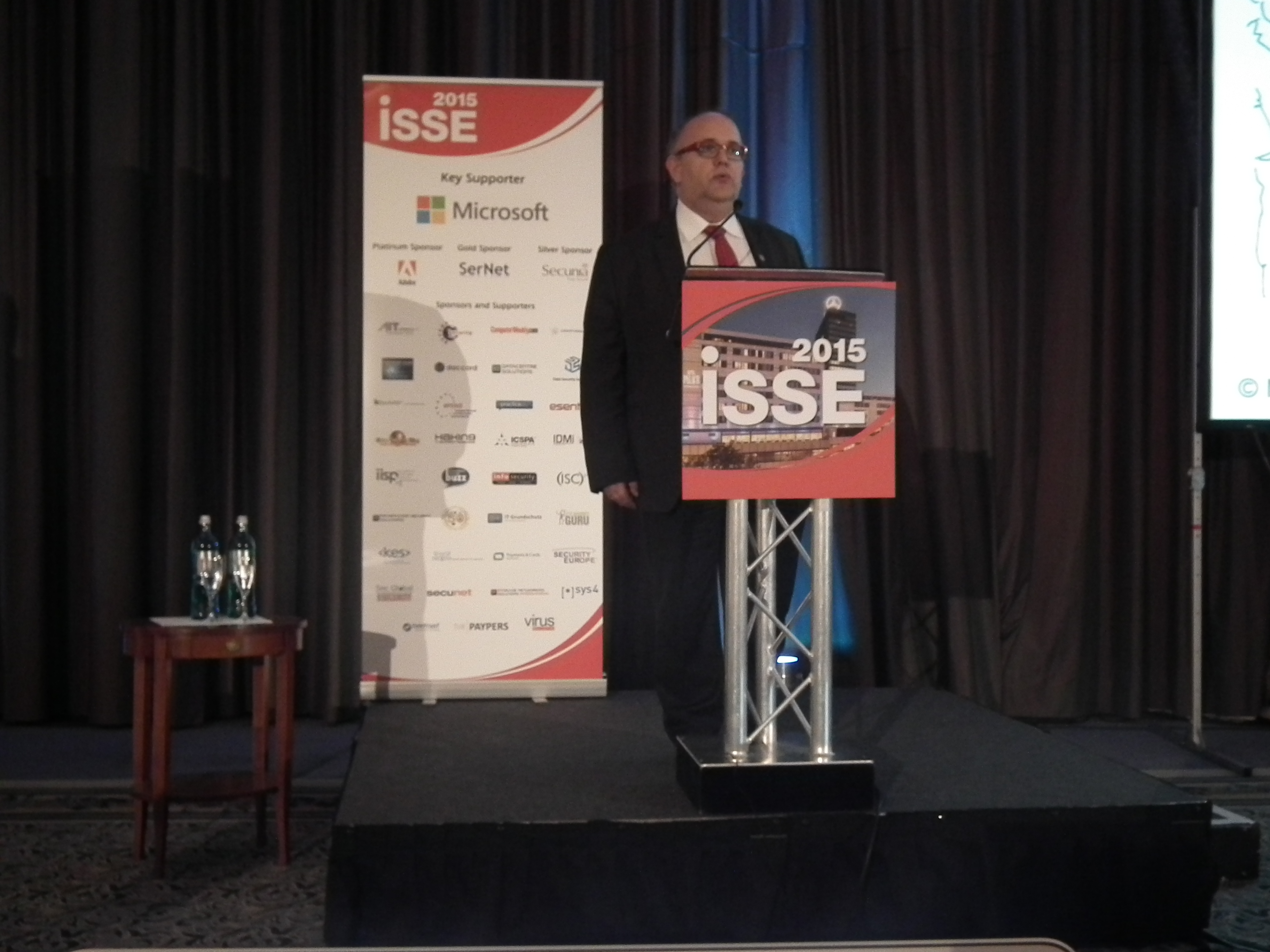
Wojciech Wiewrowski speaking at the iSSE security conference
However, while the world may look different, Wiewrowski said, that doesn't mean values have to change.
"We don't want the technologies to change the values that this society is built on. This society is built on the values that are in the core of human dignity and that simply means that recognising that the world is changing [so] we should adapt ourselves to the situation, but it does not mean that we should forget or we should abandon the rules that we had in the past," he said.
Get the ITPro daily newsletter
Sign up today and you will receive a free copy of our Future Focus 2025 report - the leading guidance on AI, cybersecurity and other IT challenges as per 700+ senior executives
Wiewrowski added that this is central to the General Data Protection Regulation (GDPR) that is currently in the final "trilogue" stages of discussion, where the European Commission, European Parliament and European Commission come together to work out the final draft.
"The centre of the data protection is the data subject, which ... I would like to stress, is not only the data subject, it's a human being. It's a human being with dignity and that's what all this law is built around," he said.
Arguing that in order to enforce this, there needs to be a good balance between ethics and legislation, the supervisor contended that technology needs an emphasis on privacy by design.
"[It] is not enough to think about only the law. It is not enough to talk only about the matter of compliance. Actually, ethics is something that should be in the core of the activity of the ... information managers, information engineers," he said.
"Those who are really the data miners, who are building the logics of the data mining, the only thing that makes them behave well is the ethics and the good penal law."
The final GDPR text is expected to be published by the end of the year.

Jane McCallion is Managing Editor of ITPro and ChannelPro, specializing in data centers, enterprise IT infrastructure, and cybersecurity. Before becoming Managing Editor, she held the role of Deputy Editor and, prior to that, Features Editor, managing a pool of freelance and internal writers, while continuing to specialize in enterprise IT infrastructure, and business strategy.
Prior to joining ITPro, Jane was a freelance business journalist writing as both Jane McCallion and Jane Bordenave for titles such as European CEO, World Finance, and Business Excellence Magazine.
-
 AI is helping bad bots take over the internet
AI is helping bad bots take over the internetNews Automated bot traffic has surpassed human activity for the first time in a decade, according to Imperva
By Bobby Hellard
-
 Two years on from its Series B round, Hack the Box is targeting further growth
Two years on from its Series B round, Hack the Box is targeting further growthNews Hack the Box has grown significantly in the last two years, and it shows no signs of slowing down
By Ross Kelly
-
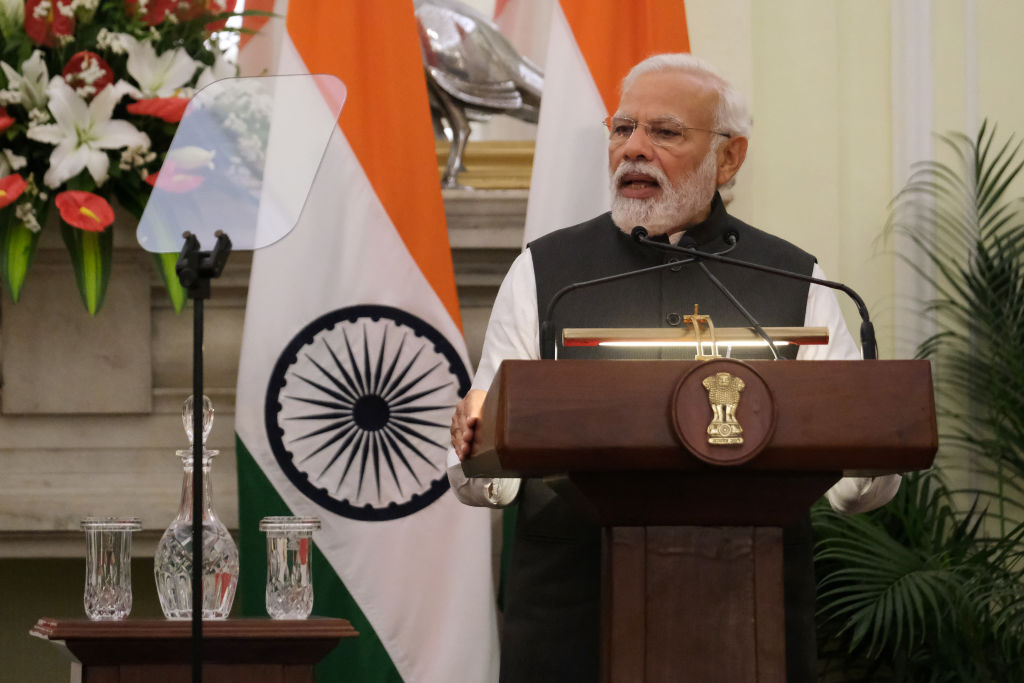 India’s new data protection bill continues to “facilitate state surveillance”
India’s new data protection bill continues to “facilitate state surveillance”News Although data localisation requirements have now been removed, it’s down to the Indian government to select which countries data is allowed to be sent to
By Zach Marzouk
-
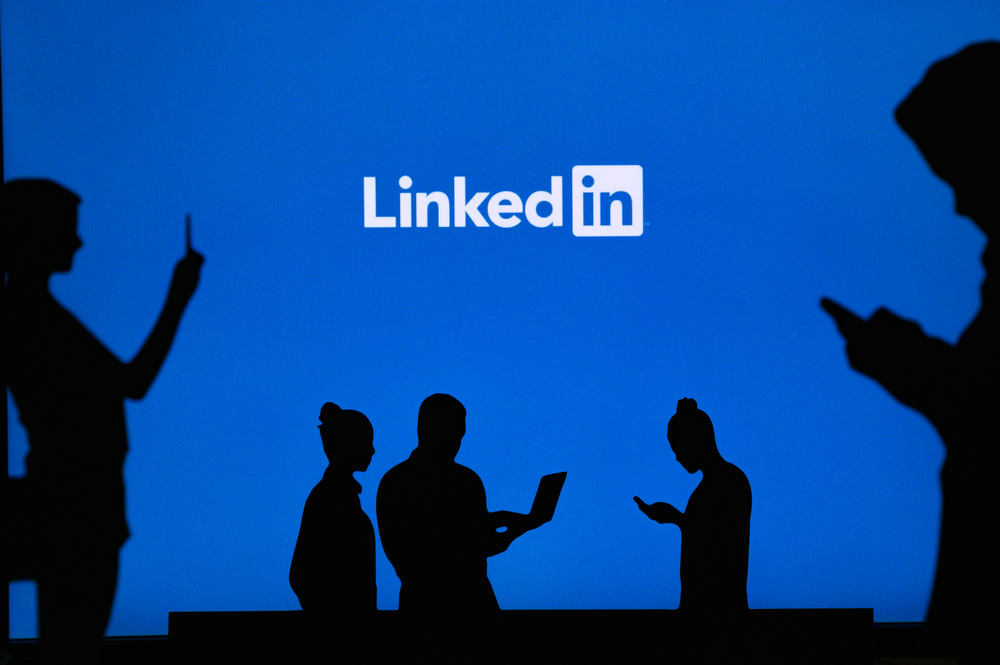 LinkedIn denies data breach that reportedly exposed 700 million user records
LinkedIn denies data breach that reportedly exposed 700 million user recordsNews Report claims 'breach' led to profiles belonging to 92% of LinkedIn users being put up for sale on a popular hacker forum
By Bobby Hellard
-
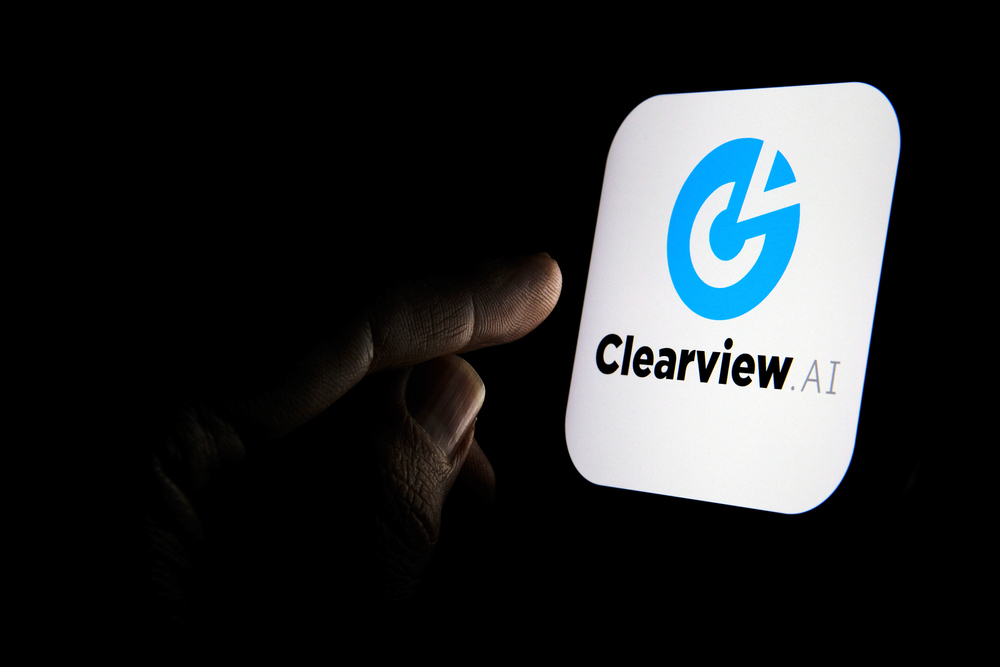 Privacy campaigners rally against "illegal" Clearview AI data scraping
Privacy campaigners rally against "illegal" Clearview AI data scrapingNews The notorious facial recognition firm claims to have a database of more than three billion images scraped from social media sites
By Bobby Hellard
-
 Germany bans Facebook from using WhatsApp data over GDPR concerns
Germany bans Facebook from using WhatsApp data over GDPR concernsNews Hamburg's data protection commissioner issues three-month ban days before the app's new privacy policy rolls out
By Bobby Hellard
-
 Facebook faces 'mass action' lawsuit over data breach
Facebook faces 'mass action' lawsuit over data breachNews Digital Rights Ireland is urging European Facebook users who have been affected to sign up
By Zach Marzouk
-
 Irish data watchdog to investigate Facebook data leak
Irish data watchdog to investigate Facebook data leakNews The regulator believes that Facebook may have infringed ‘one or more’ GDPR provisions following apparent leak of 533 million user records
By Sabina Weston
-
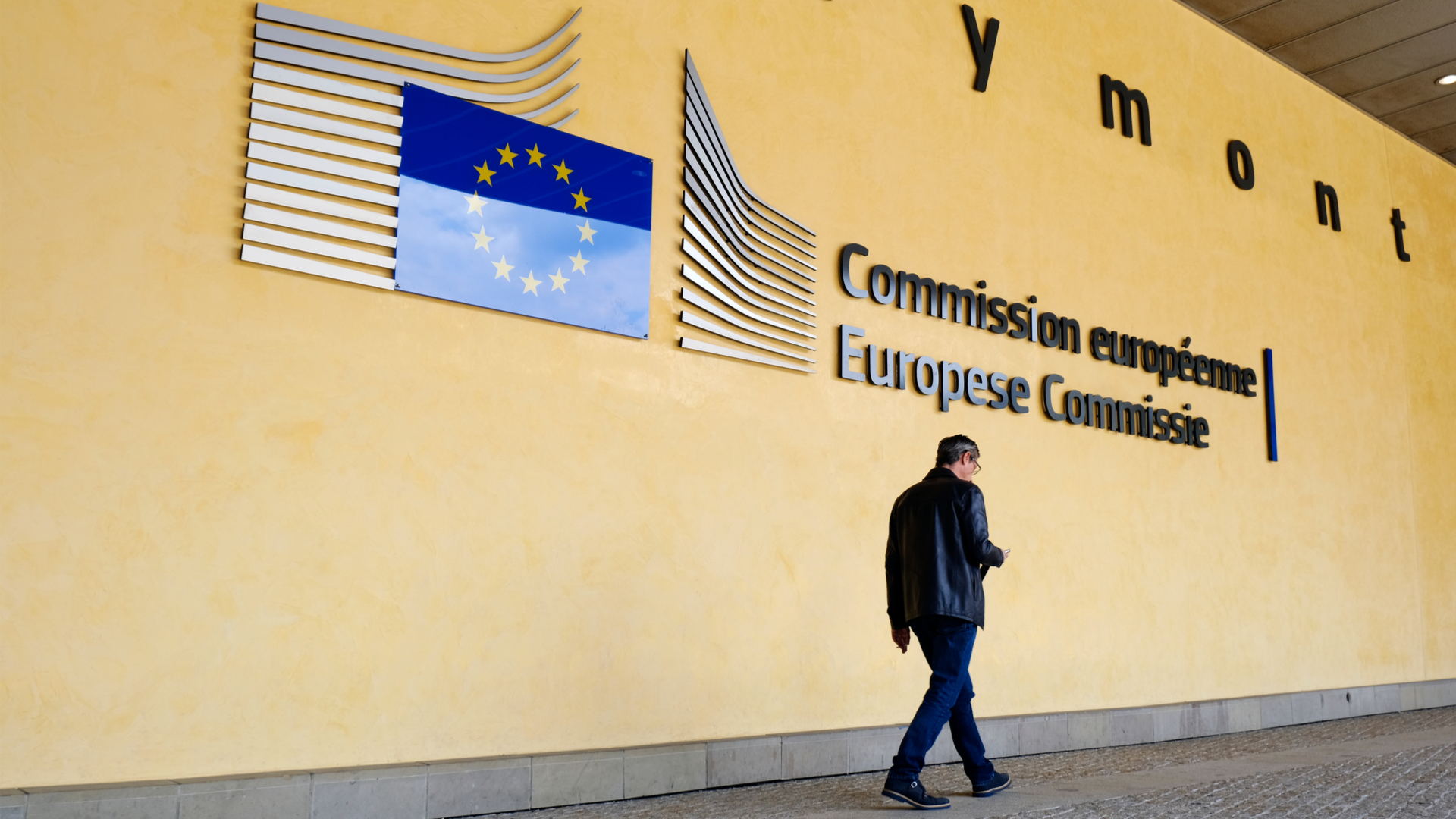 EU might force tech giants to share data with smaller rivals
EU might force tech giants to share data with smaller rivalsNews The Digital Services Act draft also suggests that firms may be banned from giving their own services preferential treatment
By Sabina Weston
-
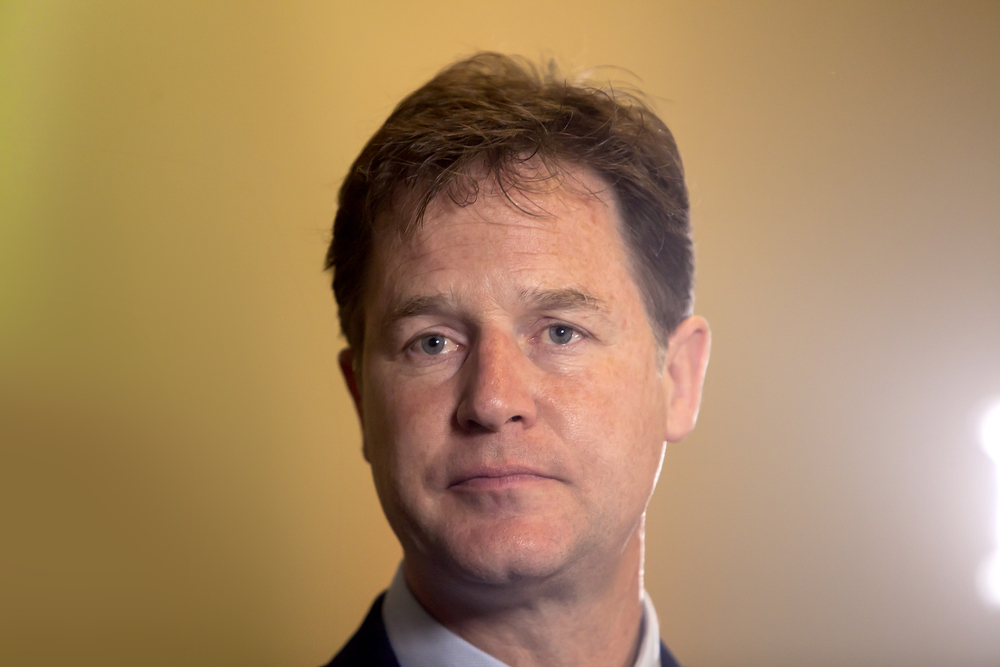 Irish data watchdog orders Facebook to halt EU user data transfers to the US
Irish data watchdog orders Facebook to halt EU user data transfers to the USNews Nick Clegg suggests cancelling its transfer mechanism could cause chaos for businesses and the global economy
By Bobby Hellard